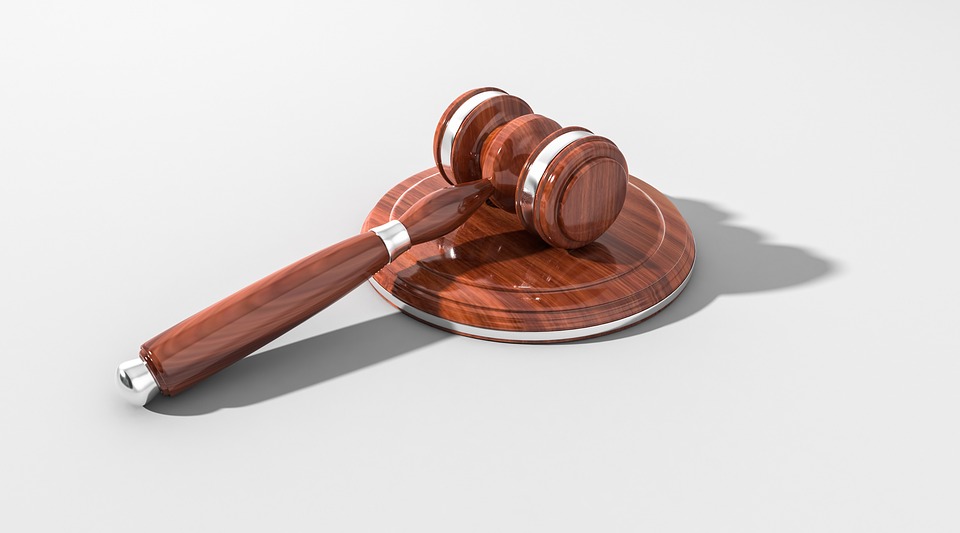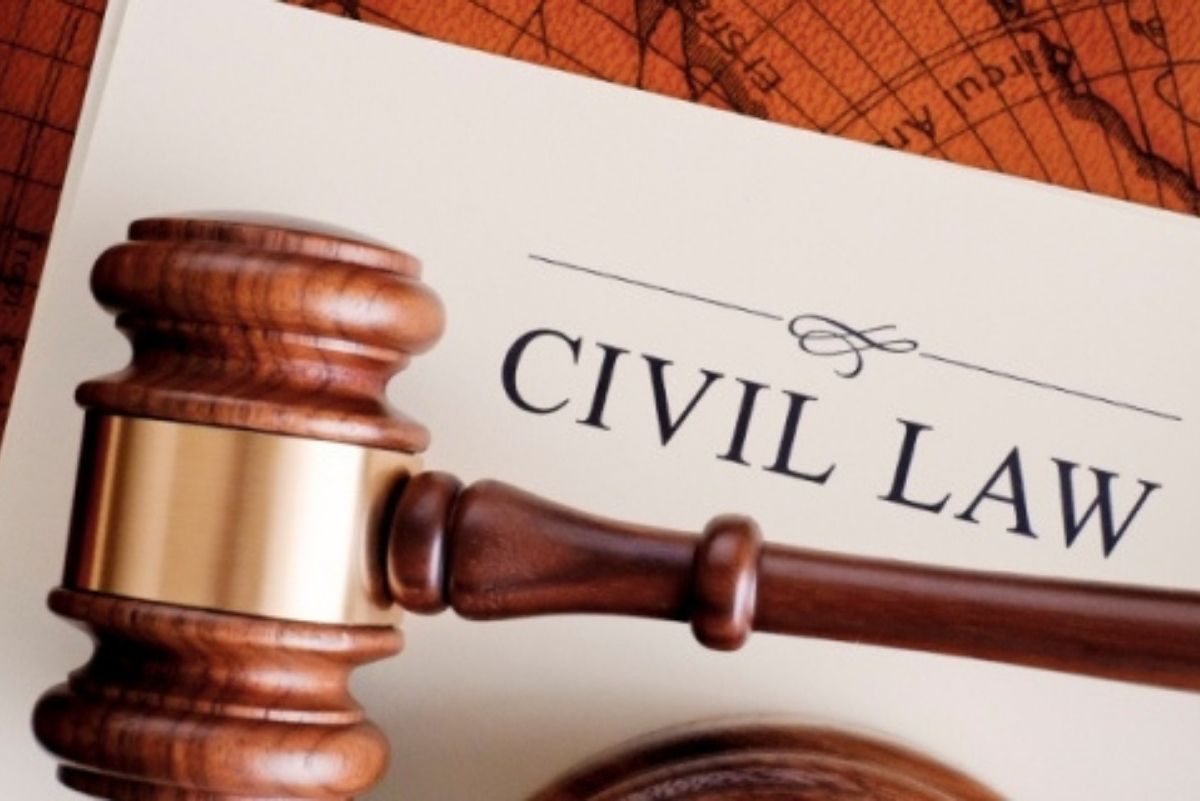Understanding Issues and FAQs
Issues are inevitable, and it’s important to be able to address them promptly and effectively. This article will discuss issues, including how to identify them, how to analyze their root cause, and how to come up with solutions. It will also provide a FAQs section at the end to address the most commonly asked questions about issues.
What is an Issue?
An issue can be defined as a problem or difficulty that needs to be addressed. It can be something as simple as a missed deadline or as complex as a disagreement between two departments in a business. Issues can arise in any situation, and they can range from minor inconveniences to major disruptions.
How Do You Identify an Issue?
The first step in solving an issue is to identify it. Look for signs that something is wrong, such as an unexpected outcome, a conflict between people, or a lack of resources. To find the root cause of an issue, it is often helpful to ask “why” until you get to the bottom of the problem.
How Do You Analyze an Issue?
Once you have identified an issue, the next step is to analyze it. Consider the facts of the situation, the stakeholders involved, and the potential solutions. This will help you determine the best course of action.
How Do You Come Up With Solutions?
Once you have analyzed the issue, you can start to come up with potential solutions. Think about the resources available, the potential risks, and the timeline for resolving the issue. Consider all possible solutions, and prioritize the ones that are most likely to solve the problem.
FAQs
What is the best way to address an issue?
The best way to address an issue is to identify the root cause, analyze the facts, and come up with potential solutions. It is also important to consider the resources available, the potential risks, and the timeline for resolving the issue.
How do you know if an issue is serious?
An issue can be serious if it has the potential to cause serious harm or damage. Consider the facts of the situation and the potential consequences of not addressing the issue.
What should you do if you can’t find a solution to an issue?
If you can’t find a solution to an issue, it may be helpful to seek help from experts or consult with other stakeholders. Consider the resources available and look for creative solutions that may not be immediately obvious.
How do you prevent issues from occurring?
The best way to prevent issues from occurring is to be proactive and address potential problems before they arise. Consider the risks and develop a plan to mitigate them. It is also important to maintain good communication and foster a culture of collaboration.
Understanding issues and the process of coming up with solutions is an important skill. By following the steps outlined in this article, you can be better prepared to address issues and come up with creative solutions. If you have any further questions, please consult the FAQs section at the end of this article.
For more information on issues, check out this article from Forbes Business Council.



